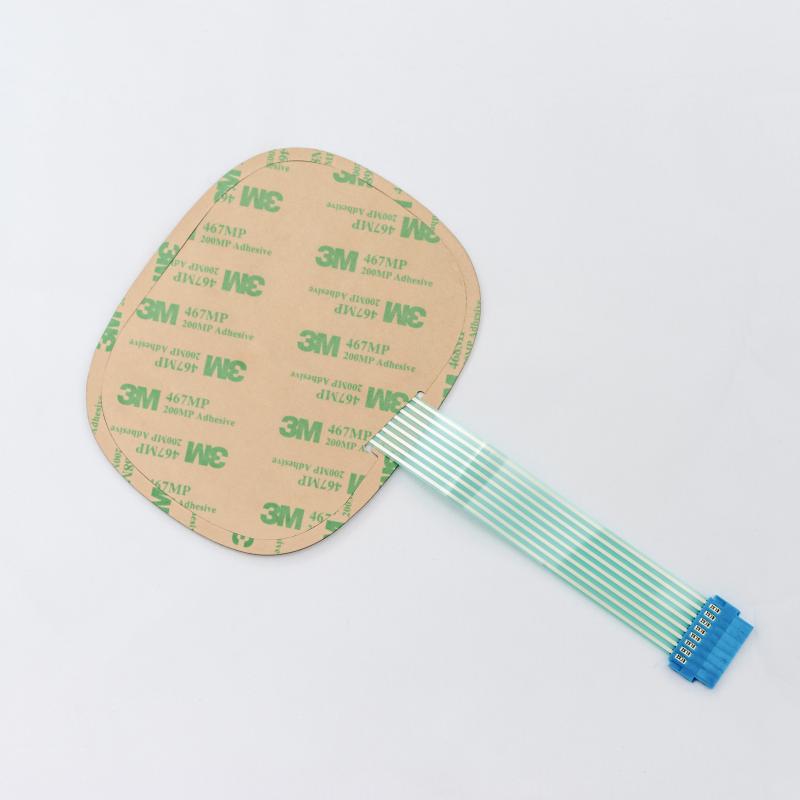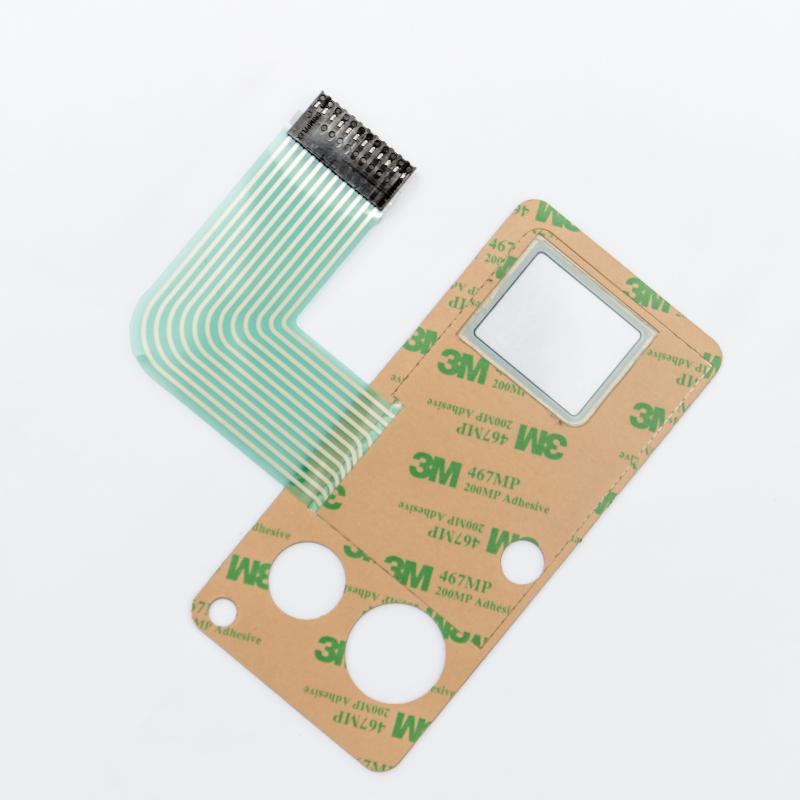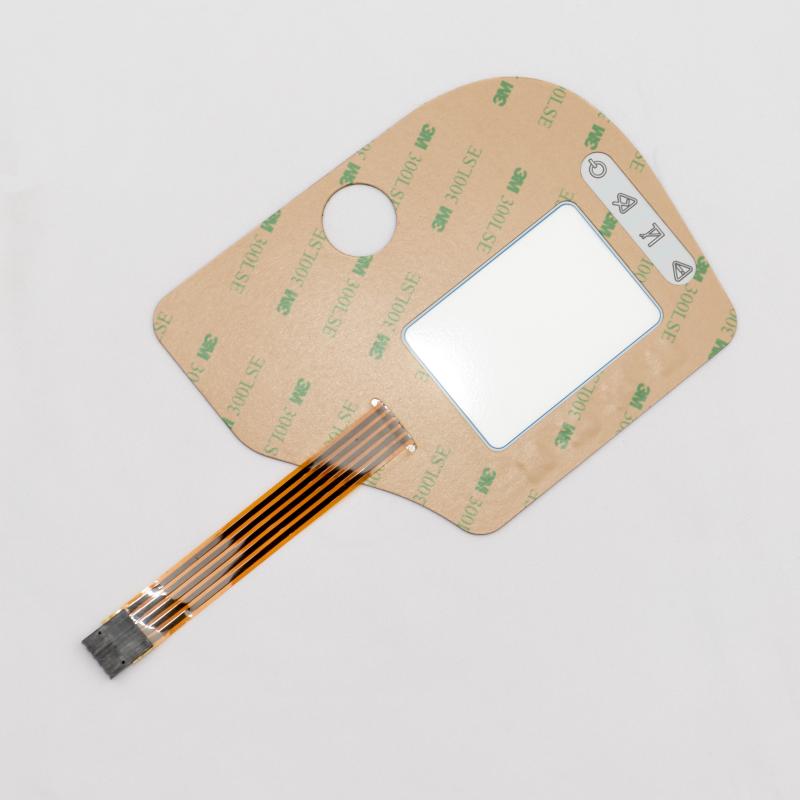Contact
Write to Us And We Would Be Happy to Advise You.
Do you have any questions, or would you like to speak directly with a representative?
By hqt
In recent years, the fastening method in medical and healthcare products has undergone a significant transformation. The traditional mechanical fasteners have been replaced by adhesives, which are now recognized as a viable, cost-effective solution for manufacturing medical and healthcare products. Adhesives provide several advantages over mechanical fasteners, including improved efficiency, reduced cost, and increased speed. In this article, we will explore the fasten-ating possibilities of adhesives in medical and healthcare products and how they can benefit manufacturers.



When selecting adhesives for medical and healthcare products, several factors must be considered. These include biocompatibility, sterilization, environmental compatibility, and material compatibility. Biocompatibility is critical as medical and healthcare products come into direct contact with the human body. Sterilization is also an important consideration as medical and healthcare products must be sterilized before use. Environmental compatibility is essential as the manufacturing process must meet environmental regulations. Finally, material compatibility is essential as the adhesive must bond to the substrate material.
In conclusion, adhesives have emerged as a viable, cost-effective solution for manufacturing medical and healthcare products. Adhesives offer improved efficiency, cost savings, increased speed, design flexibility, safety, and compliance. When selecting adhesives for medical and healthcare products, manufacturers must consider several factors, including biocompatibility, sterilization, environmental compatibility, and material compatibility. By choosing the right adhesive, manufacturers can produce high-quality, safe, and reliable medical and healthcare products.
Do you have any questions, or would you like to speak directly with a representative?